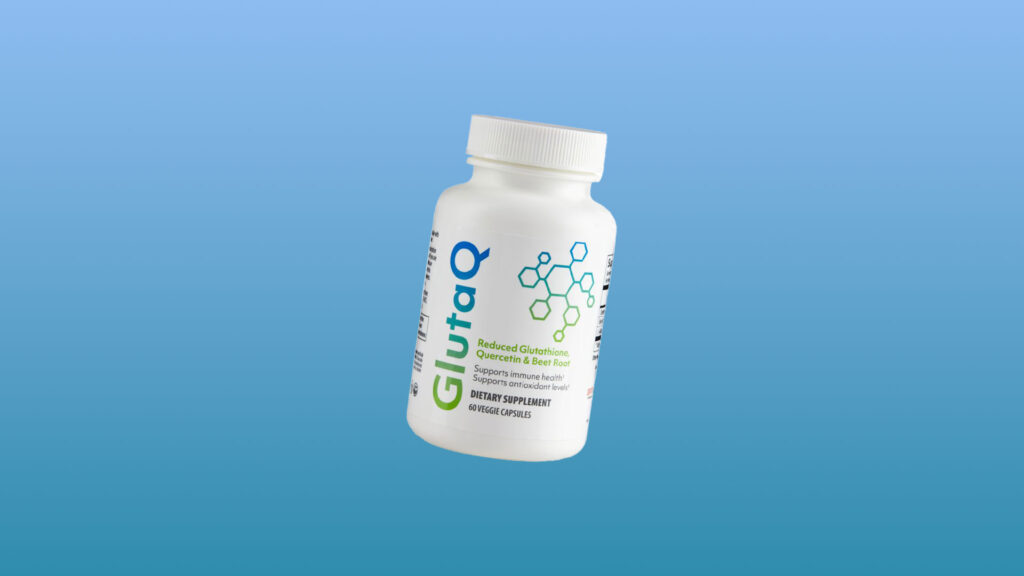Collagen supplements have gained immense popularity for their potential to support skin health, joint function, and overall well-being. However, with a wide array of products available, it can be challenging to determine which collagen supplement is of the highest quality and best suits your needs. In this comprehensive guide, we’ll explore essential factors to consider when purchasing collagen supplements, including different collagen types, sourcing, recommended dosages, complementary supplements, and amino acids that support collagen production.
Understanding Collagen Types:
Collagen supplements are available in various types, each offering distinct benefits:
- Type I: Supports skin elasticity, hydration, and overall complexion. It also benefits hair and nail health.
- Type II: Primarily focuses on joint health and may help manage joint discomfort and improve mobility.
- Type III: Works in conjunction with Type I collagen to support skin elasticity and is often found alongside Type I in supplements.
- Type V: Supports cell surfaces, hair, and the placenta during pregnancy.
- Type X: Found in articular cartilage and may contribute to joint health.
Sourcing and Purity:
Look for collagen supplements sourced from high-quality and sustainable sources. Options like bovine collagen from grass-fed, pasture-raised cattle or marine collagen from sustainably sourced fish ensure premium quality. Additionally, porcine collagen, sourced from pigs, is another viable option.
Bioavailability and Amino Acids:
Hydrolyzed collagen peptides are preferred as they are broken down into smaller molecules, enhancing bioavailability and facilitating easy absorption. Collagen is composed of various amino acids, with proline, glycine, and hydroxyproline being especially important for collagen production.
Recommended Dose of Collagen:
The recommended daily dose of collagen varies based on health goals and type of collagen supplement. Typical dosages range from 2.5 to 15 grams.
For skin benefits and overall well-being, a common daily dose is around 2.5 to 5 grams.
For joint health and connective tissue support, a higher daily dose of 10 to 15 grams may be recommended.
Complementary Supplements:
Several supplements can complement collagen for enhanced benefits:
- Vitamin C: Vital for collagen synthesis, pairing it with your collagen supplement can boost its effectiveness.
- Hyaluronic Acid: Supports skin hydration and works synergistically with collagen for optimal skin health.
- Biotin and Keratin: Promote healthy hair, skin, and nails, complementing the effects of collagen.
- Silica: Supports collagen production and helps maintain healthy hair, skin, and nails.
Consult a Healthcare Professional:
Before adding any new supplement to your routine, consult with a healthcare professional or a registered dietitian. They can provide personalized advice based on your health needs and any existing medical conditions.
With the knowledge gained from this comprehensive guide, you are now well-equipped to make informed choices when purchasing collagen supplements. Consider the type of collagen, sourcing, bioavailability, and recommended dosage to find a product that best suits your individual needs. Explore complementary supplements like vitamin C, hyaluronic acid, biotin, and keratin to enhance collagen’s effects. Always remember to consult with a healthcare professional for personalized guidance and experience the transformative power of collagen supplementation. Embrace the radiant skin, joint support, and overall vitality that collagen can unlock for you on your wellness journey.

Dr. Joanna Smith, DNP, MSN, RN, MBA, SSGB, RT, LE, CLT
President & CEO
Integrated Medicine Institute, Inc.



